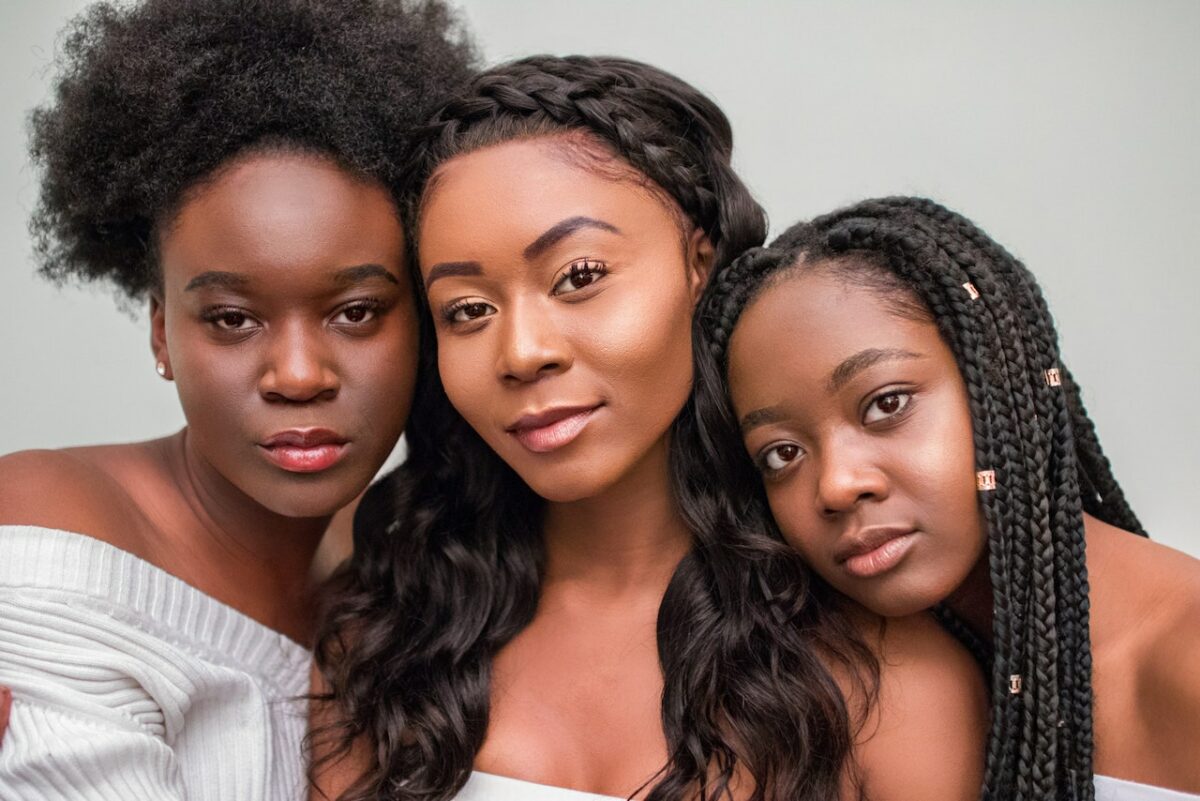
September 6, 2024
The War On Women Eerily Resembles The War On Drugs
One glaring weakness is the tendency to criminalize certain groups and ideas
By Dr. Topeka K. Sam
Nine years ago, I walked out of federal prison after serving time for a drug conspiracy charge for which at the time I was facing 20 years. Today, I lead The Ladies of Hope Ministries, an award-winning non-profit serving justice-impacted women. I spend over 200 days a year in prisons nationwide, working to reform a system that too often harms rather than heals. As a Black woman who was previously incarcerated and now sits on boards alongside top criminal defense attorneys and judges, I’ve gained a unique perspective on our criminal legal system’s strengths and weaknesses.
One glaring weakness is our tendency to criminalize certain groups and ideas, particularly those that challenge society’s norms. The war on drugs has traditionally been a pretense to attack communities of color and prompted the mass incarceration of black men and women. The underlying discrimination is only all the clearer now that we see many of those same substances being dispensed legally on Main Street of America. It wasn’t the drugs the government actually wanted to eradicate; it was the growing threat of Black liberation.
I am watching now this same criminalization happen again with conspiracy laws being weaponized against other groups that those in power want to denigrate and destroy. There is no case I see this more starkly on display than the case of two women who are now facing a trial in the Eastern District of New York which, if convicted, would face up to 20 years in prison.
I first met Nicole Daedone and Rachel Cherwitz through their non-profit, Unconditional Freedom, through my work with the Prison Monastery program Nicole created. Their vision wasn’t just to improve the system or tear it down, but to transform our often-dangerous prisons into places of healing and growth. When I visited their program at the largest women’s prison in the world, Central California Women’s Facility in Chowchilla, California, I was moved to tears. Women who had served 30, 40, even 45 years spoke of finding new hope for the first time.
Yet today, Nicole and Rachel stand indicted in federal court for a single count of conspiracy to commit forced labor through their former company, OneTaste. The prosecutors don’t claim they forced anyone to work for free, only that they conspired to do so over a 12-year period – an improbable conspiracy that, according to the indictment, began before Nicole and Rachel even met and continued well after Nicole had sold and departed from the company she co-founded.
As someone who works with justice-impacted people every day of her life and knows first-hand how our conspiracy laws work, I find it difficult to ignore the context of these charges. Nicole created a meditative practice for women called Orgasmic Meditation (OM) that aimed to liberate women’s sexual power and strengthen their connection with their bodies as a pathway to healing. Research scientists who I met published papers on OM affirming its strength as a tool for addressing the mental health issues that plague women today for which we have few if any solutions. The radical nature of this message – encouraging women not to fear their own bodies and sexuality but to claim autonomy over them – seems inextricably linked to Nicole and Rachel’s current legal troubles.
Most tellingly, Nicole’s $1,000,000 bail from Government described her as a danger to society because she “has returned to performing public OM demonstrations.” This is a statement of opinion rather than legal judgement issued by a federal prosecutor.
I know from my advocacy work in prisons that the antidote to criminalization is dignity and empathy. Just as empathy helped steer us away from the devastating excesses of the War on Drugs, we need an open-hearted conversation about the potentially devastating effects of continuing to misuse our conspiracy laws to destroy a movement dedicated to the sexual empowerment and liberation of women.
Knowing Nicole and Rachel, I am certain they will use this harrowing experience to help other women facing similar challenges. That is the essence of their work – transforming poison into medicine. But that doesn’t make this right or justify using our criminal legal system in this way.
It’s time to pause, reflect, and engage in honest dialogue about the intersection of justice and personal freedom. We saw the war on drugs attack Black culture and Black leaders. Are we now moving from a war on drugs to a war on sex to attack female sexuality and female leadership?
RELATED CONTENT: Petty Patriarchy: VP Kamala Harris Breaks Political Glass Ceilings Only To Be Labeled A ‘DEI Hire’

Topeka K. Sam is a founding member and national organizer of the National Council for Incarcerated and Formerly Incarcerated Women (The Council) whose mission is to end the incarceration of women and girls and is the founder and executive director of The Ladies of Hope Ministries – The LOHM – whose mission is to help disenfranchised and marginalized women and girls transition back into society through spiritual empowerment, education, entrepreneurship, and advocacy. She has most recently founded HOPE HOUSE – a safe housing space for women and girls.